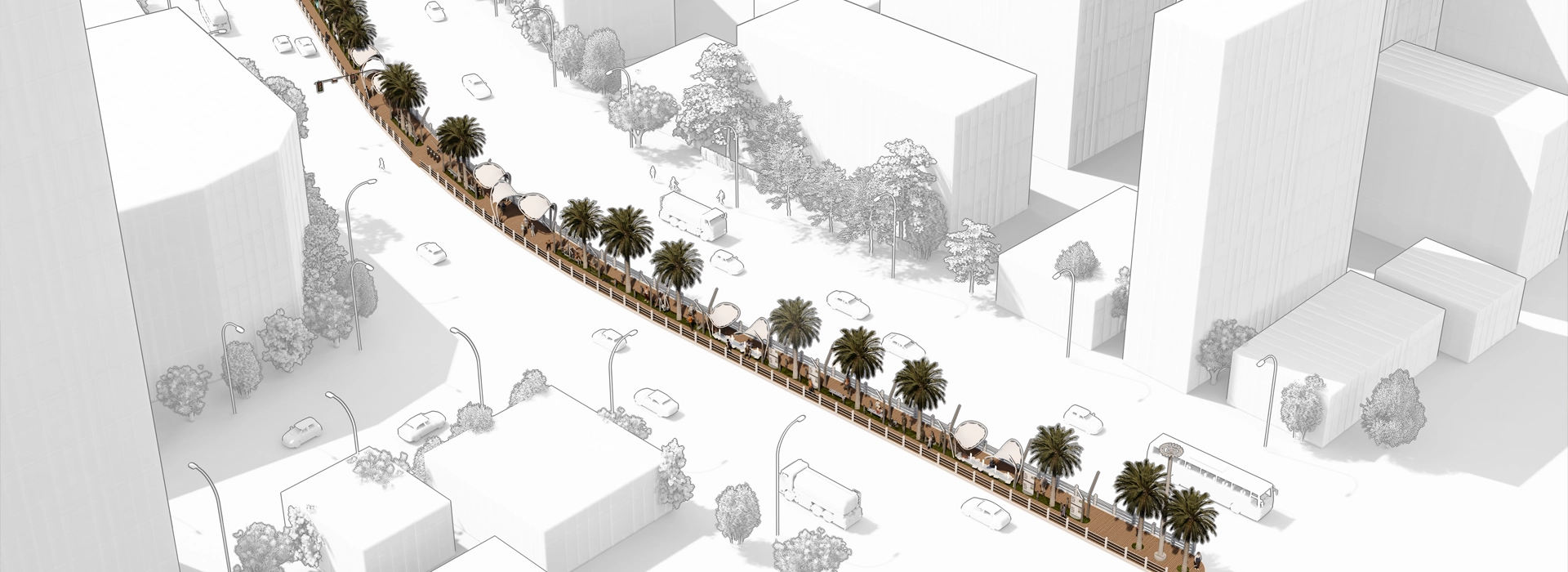Legal and Ethical Implications of Redevelopment in Maharashtra: Is It Always Fair?
11 December 2024 | 18:10 PM | Ar. Jeevan A. Pawaskar
Redevelopment projects in Maharashtra, particularly in urban areas like Mumbai, are pivotal in addressing housing shortages, improving infrastructure, and modernizing old neighbourhoods. However, these projects often raise significant legal and ethical questions. How do legal frameworks ensure residents’ rights are protected, and are there ethical concerns associated with redevelopment?
Legal Framework and Protection of Residents’ Rights
Maharashtra has established a legal framework to guide redevelopment projects, with the Maharashtra Rent Control Act, Maharashtra Co-operative Societies Act, 1960, the Unified Development Control and Promotion Regulations (UDCPR), Real Estate Regulation and Development Act (RERA) and policies like the Slum Redevelopment Scheme (SRS), Urban Renewal Scheme etc. aiming to balance development with residents’ rights.
- Tenure Security
The law mandates that tenants in redevelopment projects must be offered compensation or alternative housing. For instance, under the SRS, slum dwellers are entitled to new homes, typically with the same floor area, at no additional cost. These legal provisions aim to safeguard the rights of vulnerable populations during the redevelopment process.
- Consent and Fair Compensation
Redevelopment projects require the consent of residents, particularly tenants and leaseholders. Developers must provide fair compensation for displacement, either in the form of monetary payouts or alternative housing. Legal safeguards ensure that residents are not coerced into agreeing to unfavourable terms.
- Resettlement and Rehabilitation
In slum redevelopment, the government mandates the provision of rehabilitated housing within the same vicinity. This protects residents from being displaced to distant areas, ensuring they retain access to their jobs, schools, and communities.
Ethical Concerns in Redevelopment
Despite legal protections, ethical concerns persist in the redevelopment process.
- Gentrification and Displacement
One of the major ethical issues in redevelopment is gentrification - the process by which low-income residents are displaced in favour of more affluent populations. As older neighbourhoods are redeveloped into upscale residential or commercial spaces, the original residents may be pushed out, even when legal provisions for resettlement exist. Developers often prioritize luxury projects over affordable housing, exacerbating social inequality.
- Coercion and Lack of Informed Consent
In some cases, residents may feel pressured to accept redevelopment terms that do not fully protect their interests. Coercion, lack of proper information, and limited bargaining power can undermine the fairness of the process. Ethical concerns arise when residents are not fully aware of their rights or are forced to accept subpar alternatives to what is legally owed to them.
- Transparency and Accountability
Redevelopment projects often lack transparency, with developers and local authorities sometimes making decisions behind closed doors. Ethical governance requires that residents be fully informed about the plans, their options, and any potential risks or benefits associated with redevelopment.
Conclusion
While Maharashtra’s legal framework provides a structure for protecting the rights of residents in redevelopment projects, ethical issues surrounding fairness, displacement, and coercion continue to pose challenges. For redevelopment to be truly fair, legal protections must be enforced rigorously, and ethical standards must ensure that the most vulnerable communities are not exploited or marginalized. A balanced approach that upholds both legal and ethical considerations will create more equitable and sustainable urban development.


